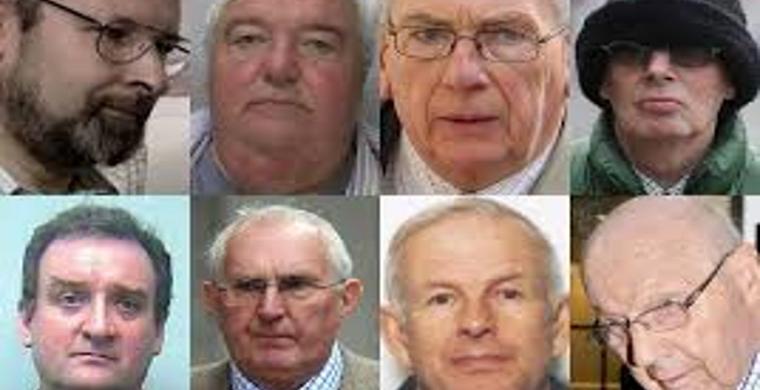UK: Questions arising from the Independent Enquiry on Child Sex Abuse
Where is the safeguarding for Lord Carey and others in leadership?
By Canon Vinay Samuel & Canon Chris Sugden
Church of England Newspaper
August 8, 2018
We were very concerned to hear/read the report that the Church of England lead on safeguarding, the Bishop of Bath and Wells, told the BBC Sunday programme that the return of a PTO to Lord Carey was a mistake: "I regret it (the decision to grant the PTO).. because what I hear from the victims, the survivors, those who are particularly troubled by the church's actions, that see this, ...believe this to be something which has caused them more distress and it's for that reason particularly."
This raises the following questions.
Where is the safeguarding for Lord Carey and others in leadership? Their position and responsibilities render them vulnerable to making mistakes, and to the desire of those who raise complaints to some form of redress. If a vulnerable woman is tricked or manipulated into inappropriate sex, is she at fault? If a church leader or minister is tricked or misled should not they receive similar understanding?
Who will want to take on such leadership roles if the slightest mistake, even though admitted, renders them liable to public execution by the media and losing their ability to minister?
What are the grounds for granting/withholding a PTO? If the grounds are issues of safeguarding, then the case must be proved that an 82-year-old such as Lord Carey is now a risk to vulnerable people because of an error twenty five years ago. If the grounds are to appease claims of distress, then is not this to weaponize permission to officiate by withholding it as a means of punishment?
And who is the church protecting? Might it be that the concern is to protect the institution of the church and sacrifice one of its own to appease the anger of some people? Should we not recall that the early church began life under clouds of negative publicity -- its own founder and leader was crucified as a common criminal, as were some of the early apostles? Did they seek to appease those to whom their activities caused distress?
Is the lead bishop for safeguarding more interested to ensure that those who are leading the movement to discipline the church in this matter are satisfied or at least kept at bay? Therefore is publicly disciplining a senior church figure the chosen way to do it?
While it is important to identify as fully as possible with the anguish and pain of those who have suffered sexual abuse in the church, it is also important to recognize that those who have been deeply hurt can become harsh and merciless and focus entirely on retribution and revenge. In the church at least we should be able to draw people back from such attitudes.
Cultural and political correctness lead to a subservience to culture that champions every cultural cause and acts on behalf of culture trends. There is clearly a strong sentiment in some parts of society that those with conservative views must not only be rejected but vilified and disciplined. Nothing less than total humiliation of those they oppose will satisfy them. This is particularly important where the political and moral orthodoxy of today's social progressives has gained dominance and continually polices social conservatives.
The church cannot simply bow to that dominance and seek to satisfy its every shrill accusation and tantrum. It needs to see that some church leaders can get embroiled unwittingly in making wrong decisions in dealing with sexual abuse matters. While others may see them as consenting villains who must be attacked and humiliated, the church leadership must represent a biblical ethic of truth and mercy. If not, it has already traded Christian orthodoxy for contemporary progressive moral orthodoxy.
If the leadership of the church now acts as their instrument of discipline would it not be right for such conservative Christians to consider if they can remain in such a church?
We await answers.
END














